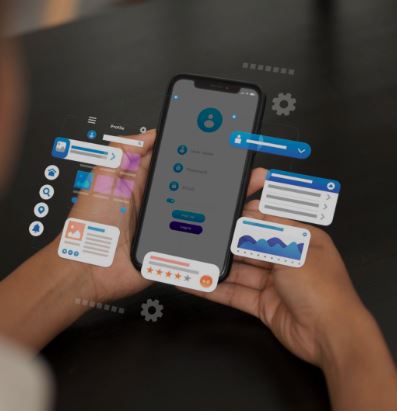In today’s fast-paced digital learning environment, mobile apps have become an essential part of educational technology (EdTech). These tools are transforming how students access content, engage with lessons, and manage their academic progress. From personalized learning to on-the-go accessibility, mobile apps offer powerful advantages that make education more inclusive, interactive, and efficient.
Learning Beyond the Classroom
One of the biggest benefits of mobile apps in education is the ability to learn anytime and anywhere. With a smartphone or tablet, students can review materials on the bus, complete assignments at home, or revisit lessons while waiting for an appointment. This flexibility supports self-paced learning and accommodates different lifestyles, especially for students who juggle work, school, and family responsibilities.
Enhancing Engagement
Mobile apps are designed to be user-friendly and visually engaging, which helps keep learners motivated. Many apps include gamified elements—such as progress badges, quizzes, and interactive storytelling—that make studying feel less like a chore and more like a challenge. This increased engagement can lead to improved retention and greater enthusiasm for learning.
Supporting Differentiated Instruction
Not all learners absorb information the same way. Mobile apps allow educators to tailor content to meet diverse student needs. Some offer multilingual support, text-to-speech features, or adaptive learning paths based on student performance. This personalization enables each learner to progress in a way that aligns with their strengths and challenges.
Improving Teacher Productivity
Mobile apps don’t just benefit students—they help educators as well. Teachers can use them to track student progress, send instant feedback, schedule reminders, and even grade assignments. These features save time and provide valuable insights into student learning patterns, allowing for more informed instruction.
Encouraging Lifelong Learning
With access to educational apps, learners of all ages can explore new topics, strengthen skills, and discover interests outside the traditional classroom. This supports the growing trend of lifelong learning, where individuals continue to seek knowledge throughout their careers and personal lives.
Conclusion
Mobile apps are more than just digital tools—they are catalysts for educational transformation. By making learning more accessible, engaging, and personalized, they play a crucial role in shaping the future of education. As EdTech continues to evolve, mobile apps will remain at the center of innovation, helping educators and learners achieve more together.














